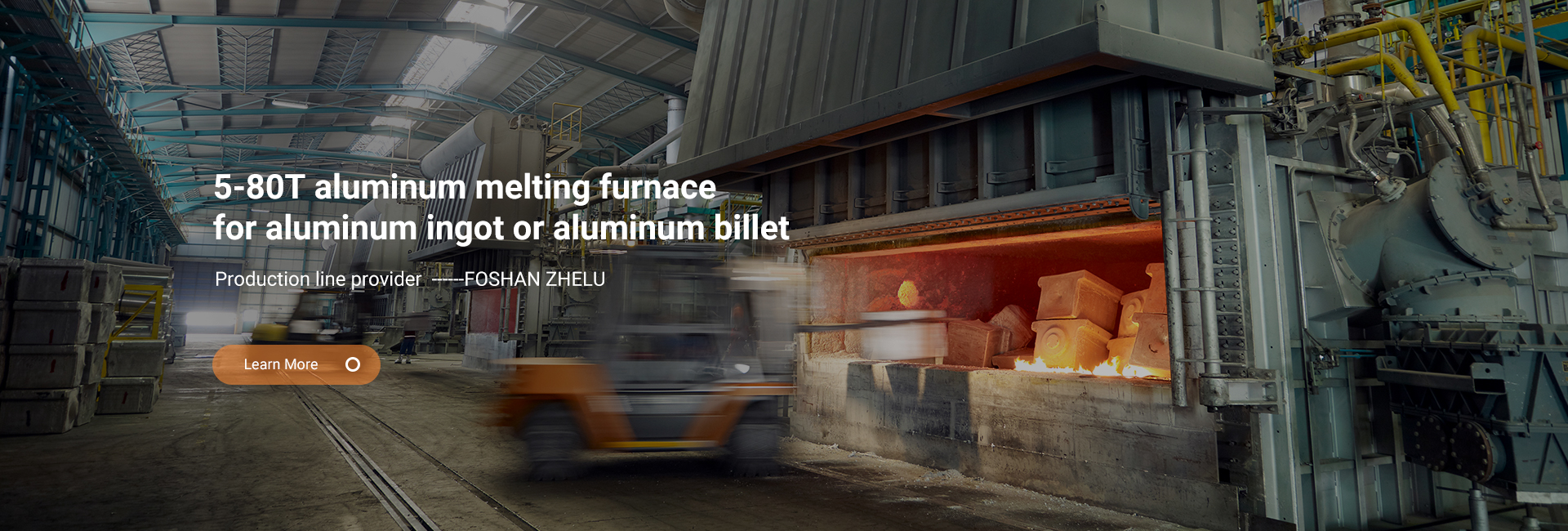Silicon metal, a critical component of the modern world, is a chemical element with incredible versatility and widespread use across various industries. Its unique properties make it an essential material for a multitude of applications, ranging from electronics to construction and beyond. In this article, we will explore the diverse uses of silicon metal and the impact it has on our daily lives.
Silicon metal, symbolized by Si on the periodic table, is a grey, crystalline solid that is derived from silica, a compound commonly found in sand. It possesses several remarkable properties that contribute to its extensive utilization. Firstly, silicon metal is an excellent semiconductor, which means it can conduct electricity under certain conditions. This property is the foundation of its prominent role in the electronics industry.
One of the primary applications of silicon metal is in the production of semiconductors and integrated circuits. These small electronic devices power a wide range of modern technologies, including smartphones, computers, televisions, and more. Silicon metal is used to create the wafers on which these circuits are built, acting as the substrate for the delicate electrical components. Its abundance, affordability, and reliable electrical properties have made it the material of choice for semiconductor manufacturing.
Moreover, silicon metal plays a crucial role in photovoltaic (PV) solar cells, which convert sunlight into electricity. Solar panels commonly use silicon-based PV cells to capture and convert solar energy into usable electrical power. Silicon’s ability to absorb photons efficiently and generate an electric charge has made it the dominant material in the solar industry. As the demand for clean and renewable energy sources continues to rise, silicon’s contributions in solar cell technology will remain invaluable.
Beyond the realm of electronics and energy, silicon metal also finds its place in the construction industry. In the form of silicones, which are synthetic compounds derived from silicon, it serves as a key ingredient in sealants, adhesives, and coatings. Silicones provide exceptional resistance to moisture, temperature extremes, and chemical degradation. They are widely used in construction projects to create watertight seals, protect surfaces, and enhance durability. Silicones also find applications in automotive, aerospace, and medical industries due to their versatility and reliability.
Another significant use of silicon metal is in the production of aluminum alloys. When combined with aluminum, silicon improves the alloy’s strength, durability, and corrosion resistance. This makes it an ideal choice for manufacturing components in the automotive, aerospace, and construction sectors. Aluminum-silicon alloys are employed in engine blocks, cylinder heads, pistons, and other critical components that require lightweight yet robust materials.
Furthermore, silicon metal is utilized in the production of various chemical compounds. Silica, derived from silicon, is the principal component of glass. Its high melting point, low thermal expansion, and excellent optical properties make it indispensable in the manufacturing of windows, mirrors, lenses, and numerous other glass products. Silicones, as mentioned earlier, find extensive use in industries ranging from textiles to personal care products.
In conclusion, silicon metal’s unique properties have propelled it to become an integral part of our modern world. From powering our electronic devices to harnessing solar energy, silicon’s versatility is evident in various industries. Its applications in semiconductor manufacturing, solar cell technology, construction, and alloy production showcase the breadth of its utility. As technology continues to advance and society embraces sustainable practices, silicon metal will undoubtedly continue to play a vital role in shaping our future.
Post time: Jun-06-2023




